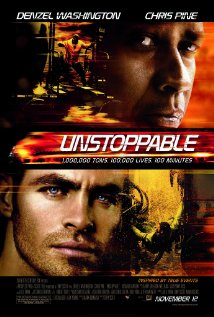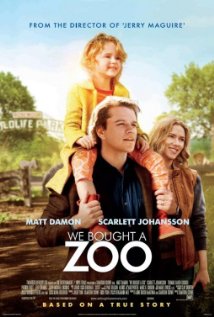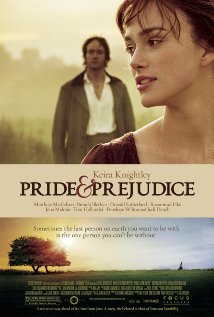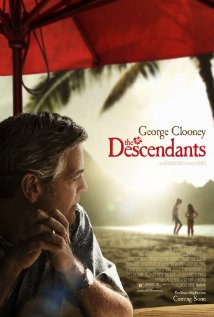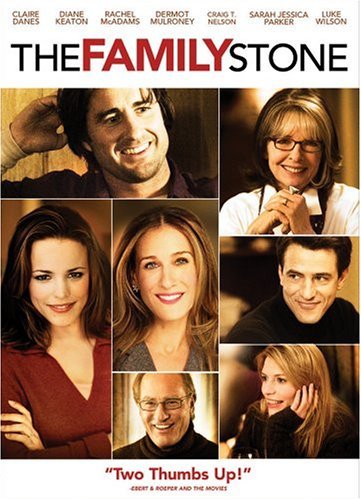Tags
catechesis, Catholic, cinema, death, Drama, ethnic cleansing, faith, Family, film, friend, Human Dignity, Jewish, Love, ministry, movie, movie ministry, pro-life, prolife, Sacrifice
At more than one point in history groups of people have viewed other groups of people as less than human. One could argue that this attitude still remains, whether it is looking down on immigrants who come to the country through less than legal means, those who starve in a distant country, those condemned to a life of slavery and those in the womb.
The Boy in the Striped Pajamas beautifully shows how we aren’t born with these prejudices, they are taught. Most of the time, these teachings aren’t as blatant as what is portrayed here. But it is a slippery slope.
The film revolves around two boys, Bruno and Shmuel. Bruno’s parents have recently moved close to the concentration camp that Bruno’s father is in charge of. You can see that Bruno’s mother is disturbed by the move, but everyone (and she herself) tries to convince her that it’s all okay. Shmuel obviously recently moved to the area as well, except as a prisoner.
The lessons here are incredibly obvious, but still worth talking about”
We are what we know: Bruno and his sister , Gretel are isolated. Bruno desperately seeks children to play with and spots a “farm” from his bedroom window with lots of children. As he questions the adults about the “farm” they either ignore his questions or just tell him it’s off-limits. But, he finally gets a chance (without permission) to go exploring and finds the “farm” for himself and meets Shmuel. In his schooling, he is taught about who awful the Jews are, and how they are responsible for all that is wrong in the world. But his friendship with Shmuel keeps seeds of doubt planted. Gretel, on the other hand, is immersed in the teaching and is soon seen lining her bedroom walls with Nazi propaganda.
Looking back, we wonder how anyone could have those sort of thoughts about other humans, but, that was what was being taught by a few angry people with influence, who passed that teaching on, and so on and so forth. So, it was what people knew. In teaching religious education classes students often commented on how they didn’t understand how their friends from other faiths could believe the things they did. And, being in the “buckle of the bible belt” they were tired of answering the same questions about Catholic beliefs and traditions. I often had to remind them that being raised in a Catholic home, the Catholic faith made sense and vice-versa for their non-Catholic friends. At one point in time many people thought slavery made sense, and it still happens in many places we don’t want to talk or think about. Ultimately, it needs to not be about what we are taught by society, but by our Catholic morality. If we follow that, we will always recognize the dignity of human life.
We also have to take the time to learn about both sides of any story. It is the only way to be able to make informed decisions, argue any point or just be a more empathetic people. It may be that learning the whys and hows of the other side, may help us better understand and articulate something we were already pretty sure of!
If it had been just one man, I’m sure something would have been done. Okay, so I had to sort of laugh at this one. The kids are reading a book out loud about “the Jew” and how terrible “the Jew” is. In this context, “the Jew” is referring to the entire Jewish race. But when the kids’ tutor points out that “if it had been just one man, I’m sure something would have been done” I was thinking, that it was once one man, one Jew, and they did do something! They crucified him! But he still influences the world!
Not everyone believes the same thing, but may be afraid to speak out for fear or repercussions: Bruno’s Grandmother is definitely not happy about the agenda of the Nazi party, or her son’s part in it. She even blames herself saying that the costumes she made him as a child must have made him want to don the uniform he wears so proudly. But, he reminds her that airing her views so publicly could get her into a lot of trouble. Even Bruno’s mother has an issue with what she sees happening, but she just tries not to see it. So, we have to keep this in mind. We can say “why didn’t someone do / say something” but we have to realize that not everyone is free to do so… that’s why we have martyrs, but not everyone is willing to make that sacrifice.
All life is valuable and disrespect for it leads to trouble for all: Where do you draw the line? The Nazi’s first started with a small group, but as time went on, they continually opened their net wider and wider. Many wars were aimed at soldiers fighting each other and deaths of women and children were incidental… but as time has gone on and warfare had changed, there is not much of a distinction. Why is it that we can recognize life in the womb if the mother wanted it, but so many can disregard it if the mother doesn’t want it, or if it’s in the first few weeks of gestation?
Interesting to note: There is a definite cinematic element to this film showing a warmth when the family is in Berlin, compared with a cold, grey, modern house when they move to the country. My guess would be that this was on purpose, showing the difference as you get closer to the coldness of the camp and the death that lies inside it. What do you think?
More questions for consideration and reflection:
- What people are at risk of this type of persecution today?
- What can we do to prevent this sort of thing from happening again?
- What is something you realize you need to learn more about?
- What prejudices do we have that we need to work on ourselves?
Personally, I think we are diluting ourselves to think that this type of thinking is incapable today, so we should remind ourselves of the horrors periodically. The movie is rated PG-13 for mature thematic elements about the Holocaust. It probably wouldn’t interest younger viewers, but there really isn’t anything that would give a child nightmares or something like that. The worst is when one of the jews is pouring wine for dinner and accidentally knocks over a glass and is drug out and beaten (away from camera view). Ultimately, it is moving, beautiful and shows a beautiful friendship between two unlikely friends.


